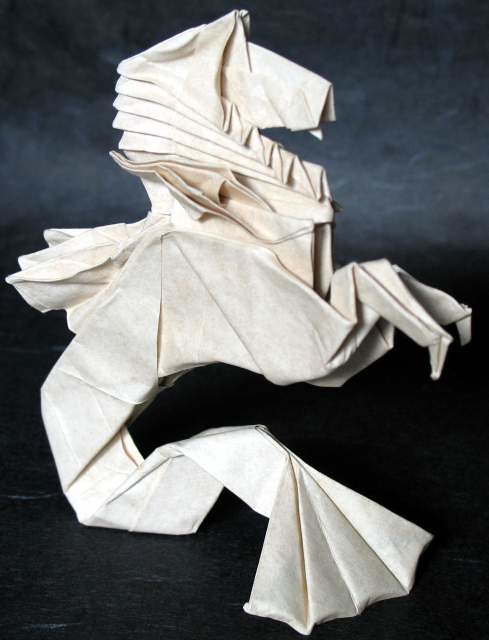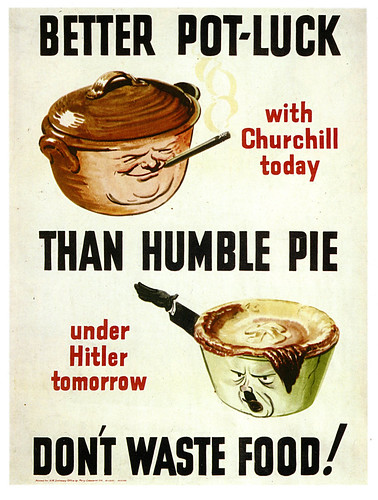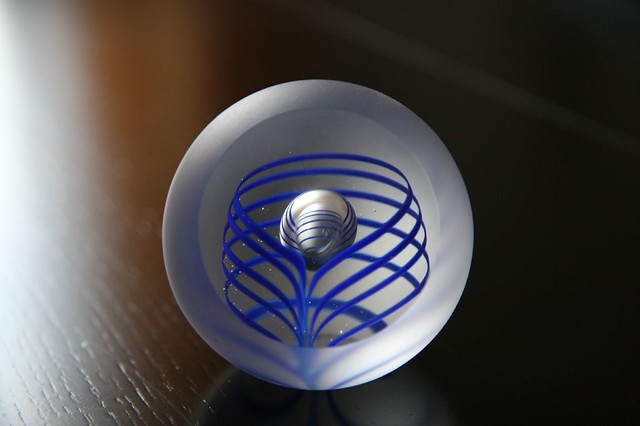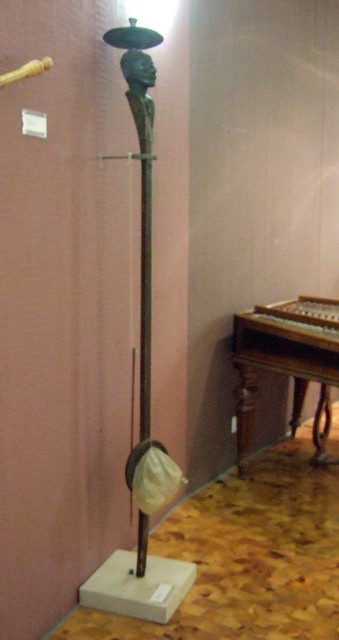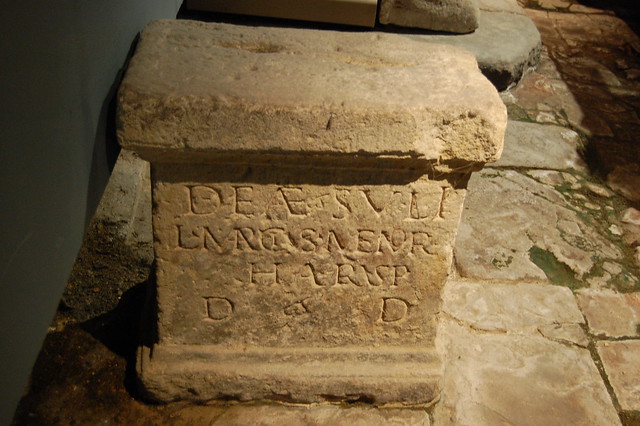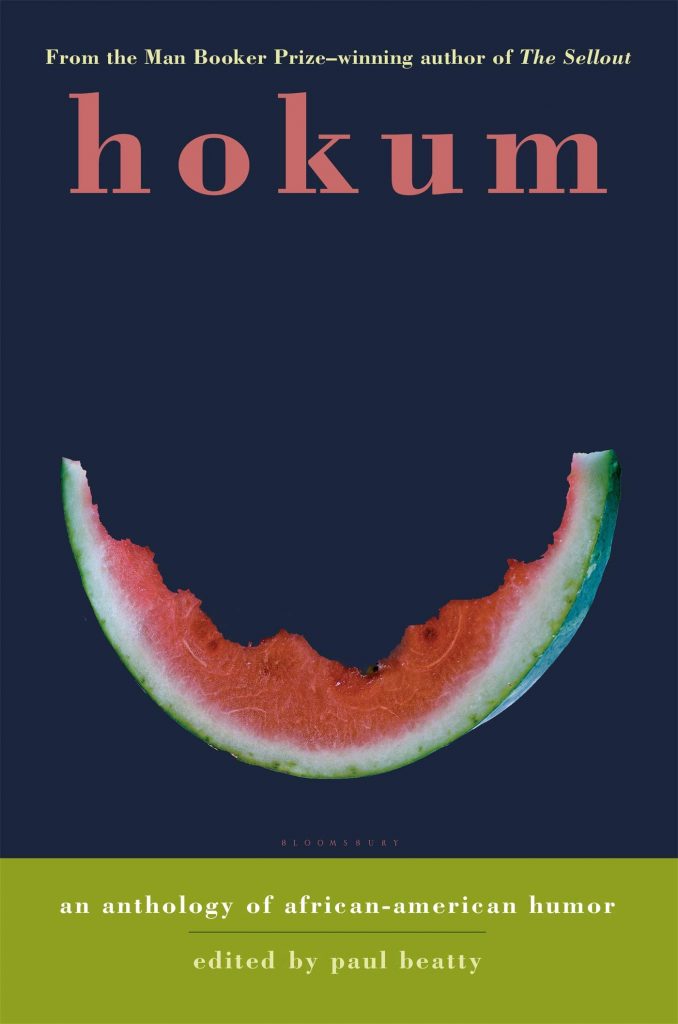
hokum · /HOH-kəm/ · /ˈhəʊkəm/. noun. Nonsense. Rubbish. Originally theater slang for bombastic, melodramatic, sentimental or sensationalized dialogue done for applause. Most likely a combination of hocus-pocus + buncombe (AKA bunkum). See also: claptrap, piffle, poppycock, cobblers, tripe, twaddle, etc.
[Read more…]



